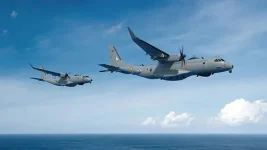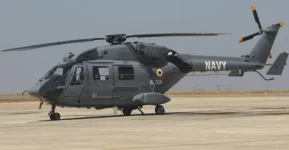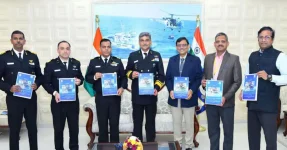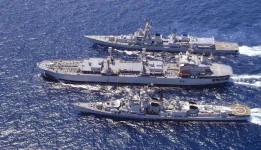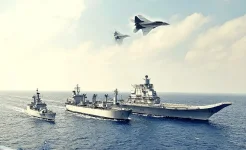- Views: 1K
- Replies: 3

The Indian Coast Guard (ICG) is on track to significantly enhance its capabilities by 2030, aiming to operate a fleet of 200 vessels and 100 aircraft. This ambitious expansion plan, announced by the ICG, underscores India's commitment to strengthening its coastal defence and maritime security.
Currently, the ICG has 151 vessels and 76 aircraft. The planned additions include offshore patrol vessels, fast patrol vessels, interceptor boats, and pollution control vessels. The ICG's aviation wing will also be bolstered with new fixed-wing aircraft and helicopters to enhance surveillance and search-and-rescue operations. This expansion is crucial given India's extensive coastline of over 7,500 kilometers and a vast Exclusive Economic Zone (EEZ) of approximately 2.3 million square kilometers.
The ICG plays a vital role in safeguarding India's maritime interests. Its responsibilities include securing maritime borders, preventing smuggling and illegal activities, and ensuring maritime environmental protection. The force has a remarkable track record, having saved over 11,730 lives since its inception in 1977, including 169 lives in the past year alone.
This modernization drive aligns with India's 'Aatmanirbhar Bharat' (Self-Reliant India) initiative, with a focus on indigenous shipbuilding and aircraft procurement. The government is collaborating with domestic shipyards and aerospace manufacturers to expedite the induction of new assets into the ICG fleet. Contracts have already been signed for advanced equipment like air cushion vehicles and communication systems.
The ICG's role extends beyond traditional security duties. It is the designated authority for oil spill response in Indian waters and plays a crucial role in disaster response, as demonstrated during events like Cyclone ASNA and floods in Gujarat and Wayanad. Furthermore, the ICG actively participates in initiatives like the International Coastal Cleanup Day, reflecting its commitment to marine environment protection.
To further enhance its capabilities, the ICG is investing in technology and infrastructure. This includes the development of a Tier-III Data Centre for the Digital Coast Guard initiative, the launch of the ASHA app for streamlined medical administration, and the construction of new facilities like the Maritime Rescue Coordination Centre in Chennai.
With these advancements, the Indian Coast Guard is well-positioned to address the dynamic challenges of maritime security, protect India's maritime interests, and contribute to the nation's sustainable progress in the blue economy.

